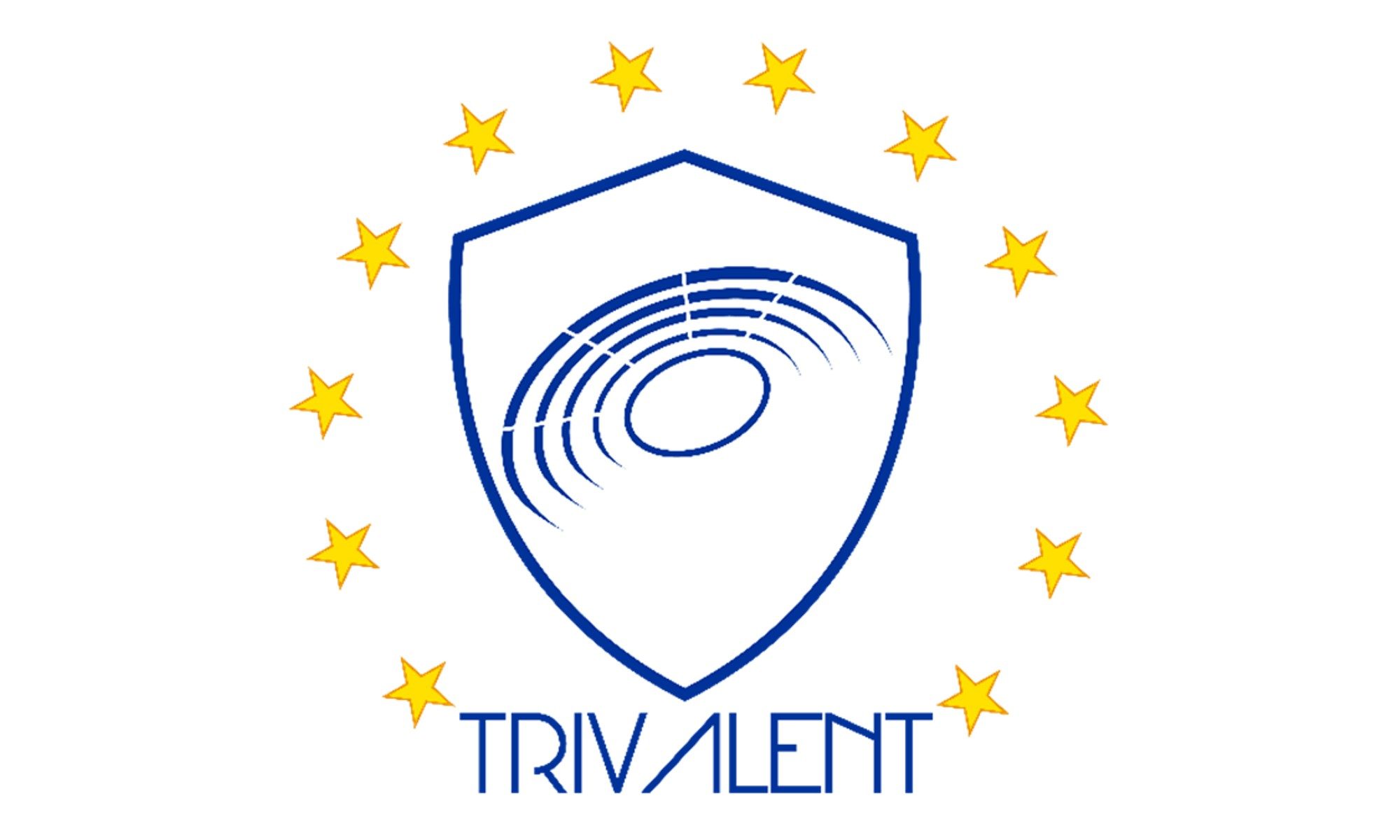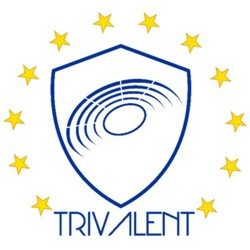TRIVALENT
T errorism pR eventI on V ia rA dicaL isation countE r-N arraT ive
TRIVALENT is an EU funded project which aims to a better understanding of root causes of the phenomenon of violent radicalisation in Europe in order to develop appropriate countermeasures, ranging from early detection methodologies to techniques of counter-narrative.
Objective
The underlying assumption of the project proposal, in line with the UN Security Council recommendations (Resolution n. 2178, September 2014) and the Commission “European Agenda on Security”2015-2020 (28.4.2015, COM(2015) 185 final), is that in order to contrast successfully violent extremism, what is needed is a more balanced response to terrorism, combining repressive (protective) measures with preventive measures, in a comprehensive approach in collaboration with actors of civil society and the communities of reference, based on a firm commitment to respecting fundamental rights, promoting integration, cultural dialogue and fighting discrimination.
To this end, a better understanding of factors constituting violent radicalisation in Europe is needed, which aims,through a multidisciplinary analysis,to a comprehensive view of the phenomenon, investigating its root causes, in order to develop appropriate countermeasures, ranging from early detection methodologies to strategies, ways and techniques of counter-narrative, involving LEAs together with experts and civil society actors at local, national and European level.
In addition, it is necessary to acknowledge that violent radicalization,especially in the case of jihadist extremism,goes mainly through narratives that: have specific characteristics and contents; use specific communication codes;are addressed to specific audiences; and spread in a multitude of ways, over the Internet, as well as by means of in-person communication exchanges that take place in families, schools, places of worship, prisons, local communities, etc. These narratives have been proven effective towards vulnerable groups such as young people, detainees, and people craving for revenge after having experienced what they perceive as injustices, either at personal or group level. Furthermore, due to this multifarious background, such extremism is characterised by single or group terrorist acts also reflecting a variety of influences and motivational causes.

